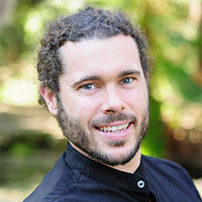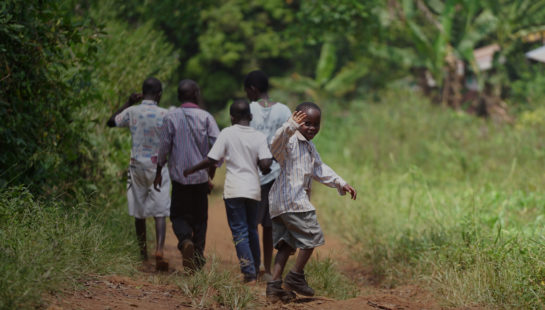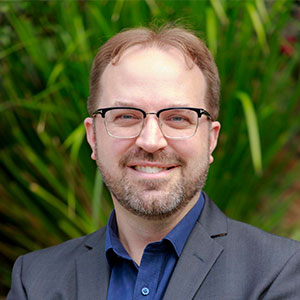Heartbreaking Humanitarian Challenges
The earthquake in Haiti. The floods in Bangladesh. The fires in Turkey. Today’s headlines might suggest climate and natural disasters, but they’ve also become equally heartbreaking humanitarian challenges.
And it hasn’t always been this way.
On this year’s World Humanitarian Day, I’m aware at how much the work I and others in global relief and development do has shifted. This years’ aims to highlight the immediate human cost of the climate crisis and encourage world leaders to take meaningful climate action for the world’s most vulnerable people.
Our local partners constantly remind me that they are simply getting on with the task of adapting to the new normal that COVID has caused.
That means, today’s vulnerable communities have had to create makeshift schools at home, and to seek relief food supplies because they haven’t been able to go about their ‘normal activities’.
But really, they’ve been adapting to a changing climate for a long time.
What Are Our Partners Doing To Combat Climate Change?
Our partners in Kenya, for instance, have been incorporating climate vulnerability into their development programs for the last 20 years. They’re ensuring that vulnerable communities and families have access to water while growing climate resilient crops. Farmers now manage information around weather patterns and route early warning systems. That helps in thinking about a hopeful future.
Our partners in Bangladesh who run a program in the southern delta region also tell me their communities experience firsthand sea level rises and increasing frequency of cyclones. The change brings damage to houses, disruption of livelihoods, and challenges to their food security. For many years they’ve been implementing projects that adapt to a changing climate. They, too, are working towards climate resilience.
For many years they’ve been implementing projects that adapt to a changing climate. They, too, are working towards climate resilience.
Back when we could travel, we visited our partners in the Philippines who have since stood with Baptist churches long after houses were destroyed from Typhoon Haiyan, an event experts say was accelerated from climate change and rising sea temperatures. They called it the most powerful storm ever to hit land. Yet, as we supported these communities to rebuild, I was reminded that there was more we could do, not only to address natural hazards but also to reduce the risk of their increasing frequency and intensity.
And our church partners throughout the Pacific, who through their leadership have continued to advocate for climate change mitigation and adaptation not only throughout their communities but more broadly on the global context, have continued to make a difference in caring well for their neighbours.
Lacking Support From National Governments; Generous Support From Donors
Unfortunately, the communities that Baptist World Aid Australia serve don’t have the luxury or benefit of immediate support from national government when things get tough or in the seasons when their land is scorched. When the rain stops falling on their fields, their crops grow less, their harvest diminishes, their income drops, and their food availability is reduced. People often go hungry. These are the communities that we stand with in solidarity.
And as we try to influence more Australians to tackle the injustice of global poverty, we know the task is not easy. We sometimes face ‘compassion fatigue’ or a preference to keep global poverty out of sight and therefore, out of mind.
Even so, we’ve seen the amazing generosity of Australian Baptists encouraging us to stand in solidarity with our partners around the world, which we especially celebrate on World Humanitarian Day. Their support, along with the resilience of our local partners in countries like Bangladesh and Kenya, encourage us to do more in the face of the climate crisis.
We are honoured to give them voice and agency in the communities and nations in which they are integrally embedded.
Be On The Right Side Of History
At the same time, because our partners are concerned, we are too, knowing that any inaction now will lead to a more rapidly changing climate in the future. And that will lead to more frequent and intense natural disasters. More vulnerability. More inequality.
This has been a significant year for both global climate change, and its response. Especially as we digest a new Intergovernmental Panel on Climate Change (IPCC) report, one that tells us things are even worse than we imagined, leaders in the majority world, in local programs who use innovative and proactive ways to respond to disasters, are the voices we need. They encourage a moral imperative to all of us: that we can do more as Australians, that we as a world can do more. And as Christians who care for God’s creation, we must do more.
We want to be on the right side of history for this one. So, we stand in solidarity with our partners facing a deteriorating climate, and support them to incorporate sustainable climate adaptation into their development programs. Because when we do, we all benefit.
This essay first appeared in Sight magazine on 19 August 2021 to mark World Humanitarian day on 18 August 2021.



 Peter Keegan,
Peter Keegan,